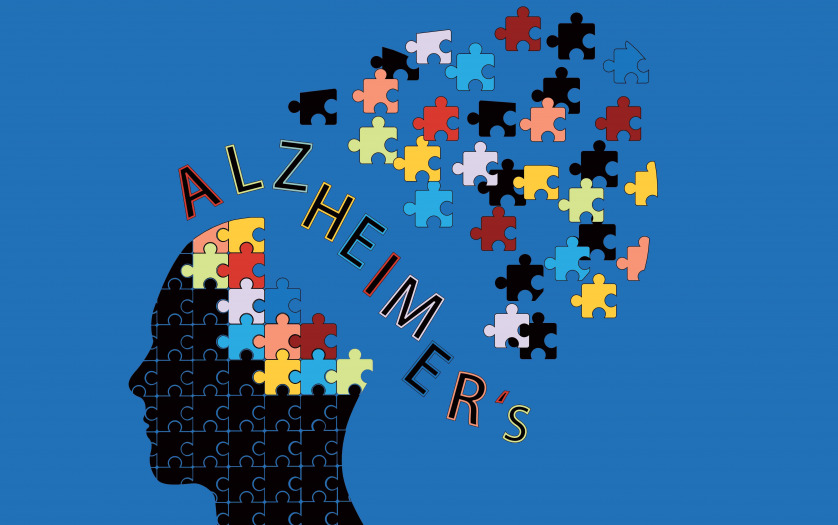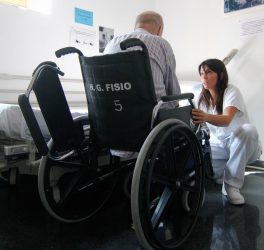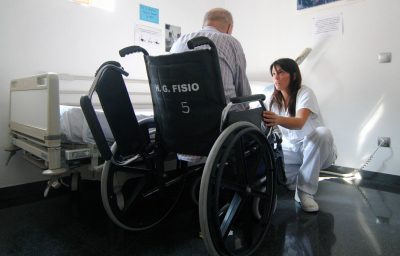
A multi-institution research team led by the University of Pittsburgh School of Medicine has been awarded a five-year grant to total $109 million from the National Institutes of Health (NIH). The funding, which will expand research on the biomarkers of Alzheimer’s disease in adults with Down syndrome, is the largest grant to ever be awarded to the Pitt Department of Psychiatry.
Funding support for this award is provided by NIH’s National Institute on Aging, the Eunice Kennedy Shriver National Institute of Child Health and Human Development and the INCLUDE (INvestigation of Co-occurring conditions across the Lifespan to Understand Down syndromE) project. The INCLUDE project seeks to investigate conditions that affect individuals with Down syndrome and the general population, such as Alzheimer’s disease, autism, cataracts, celiac disease, congenital heart disease and diabetes.
“This historic grant is a direct reflection of the world-class physicians who call the University of Pittsburgh’s Department of Psychiatry home,” said Anantha Shekhar, M.D., Ph.D., senior vice chancellor for the health sciences. “I look forward to seeing their talents in action—and the University’s mission of creating and leveraging knowledge for society’s gain in full swing—in the years to come.”
These institutions have a legacy group of individuals who already are participants for Alzheimer’s disease and Down syndrome research. Some of these participants will join this study, and this new funding will help recruit hundreds of new individuals over the next five years.
“It’s very exciting that the National Institutes of Health is investing in the science and infrastructure to strengthen our relationship with the Down syndrome community,” said Ann D. Cohen, Ph.D., associate professor of psychiatry at Pitt who is leading outreach efforts in this study through the Alzheimer’s Biomarkers Consortium — Down Syndrome Outreach, Recruitment and Education Core. “Things like developing novel recruitment strategies and increasing efforts to connect with a diverse population of people with Down syndrome will contribute to better science and help researchers understand what the Down syndrome community needs from us.”
The research teams will assess and examine a wide range of data from plasma-based biomarkers to biofluids, genetic factors, neuroimaging and everyday cognitive and psychological function. Researchers will see participants every 16 months for up to four visits.








